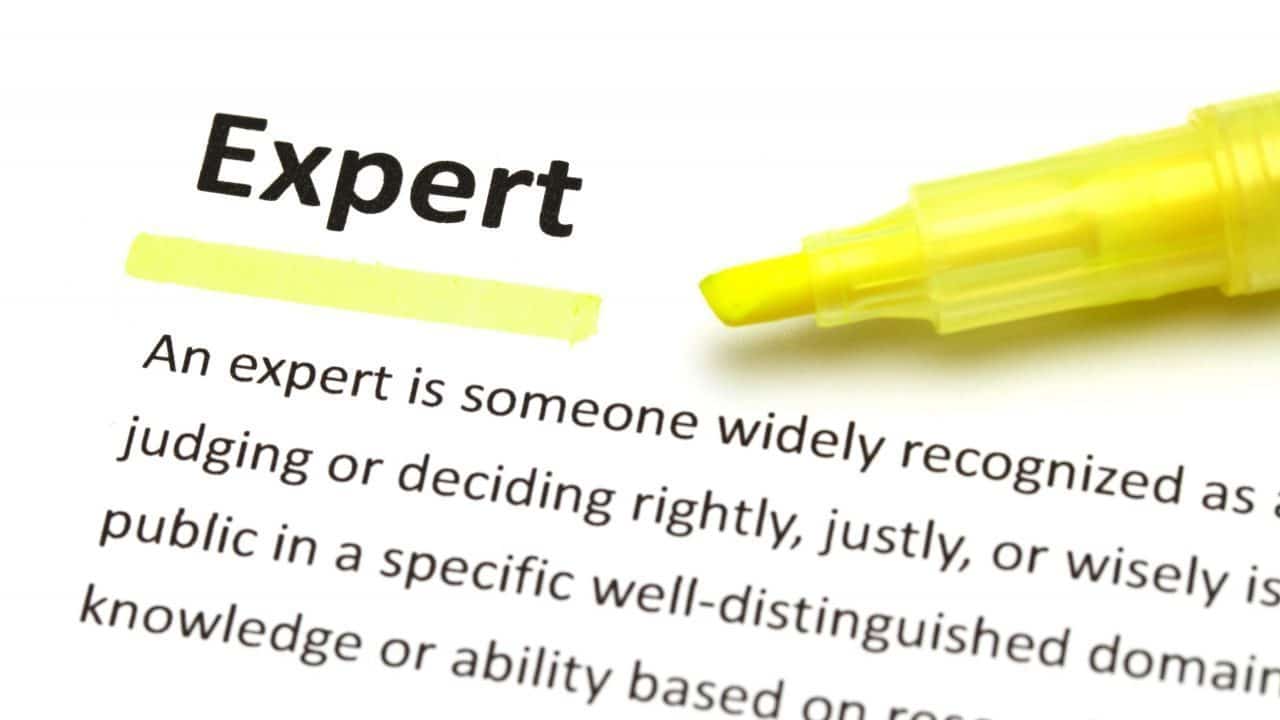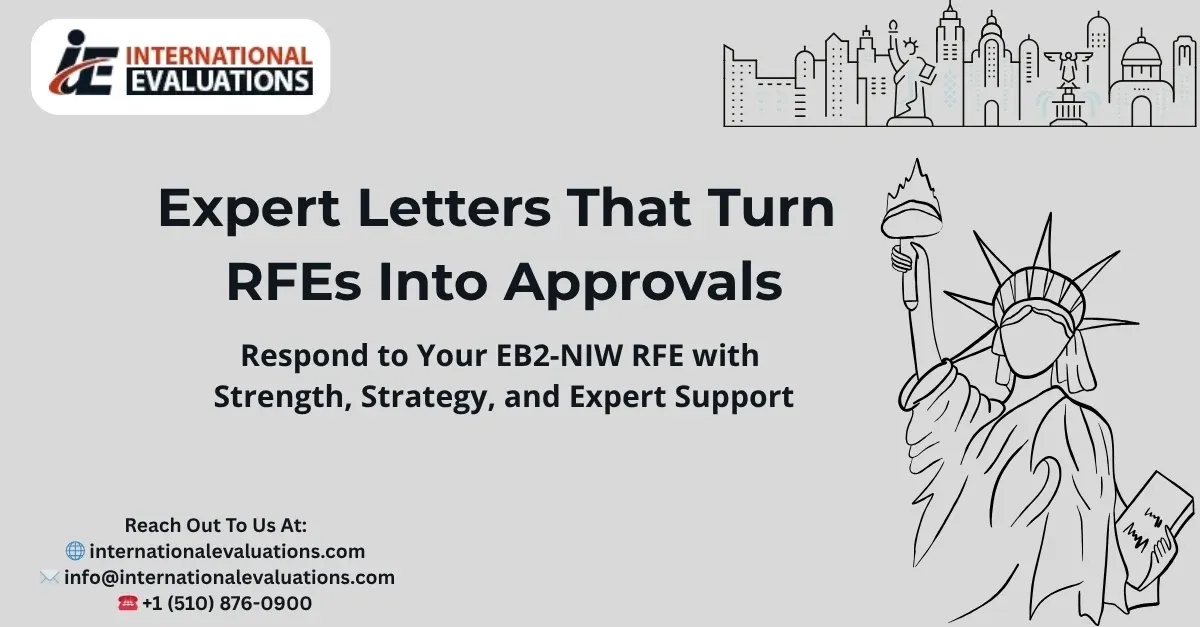Introduction
In today's competitive task market, the shift from class discovering to real-world application is more vital than ever. Students and professionals alike are seeking ways to translate their work experiences into academic credits. This short article explores the detailed procedure of assessing work experience for education credit, highlighting its significance in individual and professional advancement.
As we delve into this subject, we will talk about various aspects of scholastic credential examination, worldwide credential evaluation services, course-by-course credential evaluation, and how they associate with work experience evaluation. Additionally, we'll check out expert opinion letters and company strategy assessments as part of this complex journey.
From Class to Career: Examining Work Experience for Education Credit
The bridge between class education and career success typically involves recognizing the value of useful experience. Numerous trainees collect significant work experience throughout internships or part-time tasks that may not be officially acknowledged by universities. But how can one ensure that these experiences count towards their academic credentials?
Why Evaluate Work Experience?
Evaluating work experience is vital for several factors:
Recognition of Skills: It verifies the skills obtained through hands-on experiences. Enhanced Employability: Employers significantly seek prospects with useful understanding together with official education. Personal Growth: Recommendation of past experiences increases self-confidence and encourages long-lasting learning.Types of Credential Evaluation
Understanding the different types of credential evaluations available can assist people navigate this procedure effectively.
Academic Credential Evaluation
Academic credential assessment evaluates foreign instructional certifications against established standards in another country. This process is important for global trainees or employees intending to prove their instructional background.
International Credential Examination Services
These services focus on examining foreign qualifications and determining their equivalency in the host nation's educational system. They offer reports that lay out the level and type of education got abroad.

Course-by-Course Credential Evaluation
This comprehensive analysis breaks down each course taken throughout a degree program, providing insights into grades made and credit hours finished. It's especially useful for students aiming to move credits in between institutions.

Work Experience Evaluation
Work experience evaluation serves as a method to formally evaluate non-academic abilities acquired through employment or volunteer activities. Here's how it works:
Documentation: Individuals need to collect documents such as job descriptions, performance reviews, and any appropriate certifications. Comparative Analysis: The critic compares this info versus established academic competencies. Outcome: The outcome might lead to academic credits awarded based on shown understanding and skills.The Function of Expert Viewpoint Letters
An expert opinion letter can bolster your case when looking for credit for work experience. These letters typically originate from market professionals who can attest to your abilities and contributions in a specific field.
What Needs to an Expert Opinion Letter Include?
https://squareblogs.net/schadhsytp/course-by-course-evaluations-vs-general-equivalency-selecting-the-right-path- An introduction of your role in the organization Specific abilities you developed How your experiences connect to scholastic outcomes
Having a professional back your capabilities not just lends reliability however likewise improves your total portfolio when getting sophisticated research studies or positions.
Business Strategy Examination as a Learning Tool
Creating a business strategy can be an exceptional way to display your understanding of theoretical ideas used in real-world circumstances. A thorough examination of an organization strategy may highlight proficiencies such as strategic thinking, monetary planning, and market analysis.
FAQs
1. What types of work experiences get approved for academic credit?
Typically, work experiences that directly connect to your field of study or demonstrate transferable skills are qualified for scholastic credit.
2. How do I discover global credential evaluation services?
You can search online directories or consult with universities that frequently have collaborations with reliable credential evaluators.
3. Exists a fee related to getting an expert opinion letter?
Yes, numerous specialists charge for their time invested composing these letters; however, some may use them pro bono depending upon the situation.
4. Can I receive credit for unpaid internships?
Absolutely! Unpaid internships typically offer invaluable experience and can be assessed likewise to paid positions.
5. For how long does the credential examination procedure take?
The timeline differs based on the service utilized but normally ranges from a couple of weeks to several months.
6. Are there specific documents needed for course-by-course evaluations?
Yes, you will require records from all post-secondary institutions attended, in addition to comprehensive course descriptions when possible.

Conclusion
Transitioning from classroom understanding to career readiness needs recognizing the value of practical work experiences in education credit evaluations. As we have actually checked out in "From Classroom to Profession: Assessing Work Experience for Education Credit," both trainees and experts stand to gain considerably by leveraging their real-world experiences towards their academic goals.
By making use of numerous kinds of evaluations-- be it through scholastic credential assessments or skilled viewpoint letters-- people can boost their certifications while promoting long-lasting knowing principles that adhere carefully to today's vibrant labor force demands.
In summary, welcoming both theoretical understanding from class in addition to experiential knowing gained through professional engagements produces well-rounded candidates prepared to take on the obstacles ahead in their careers.